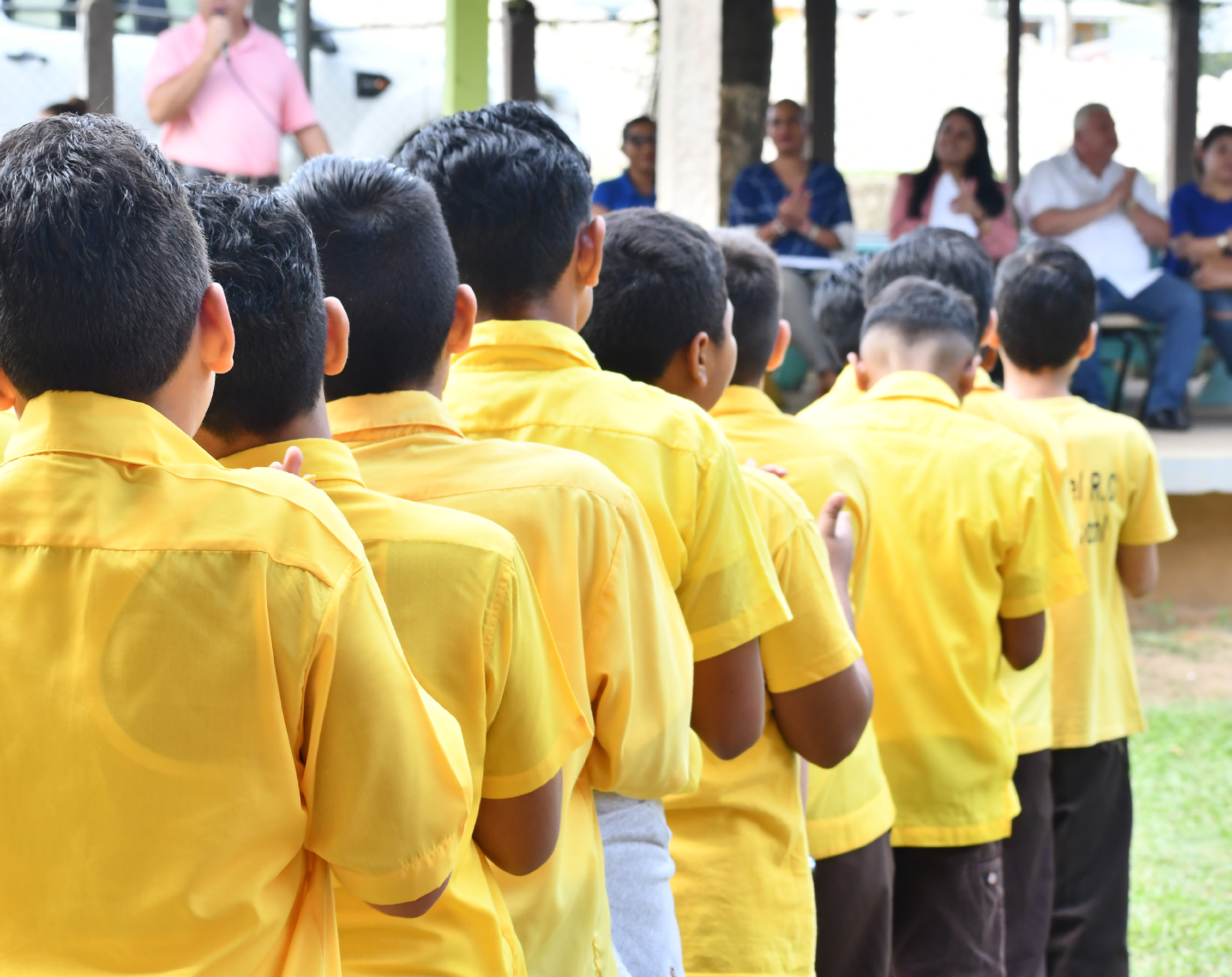Competency-Based Education in Belize: Educators’ Perspectives From the 2023-2024 Pilot School Year

Based on a one-year pilot program in Belize’s lower secondary schools, this report offers key insights into how educators are adapting to Competency Based Education (CBE) and what support is needed for successful implementation. While teachers have embraced CBE strategies, especially those that incorporate technology, they face challenges related to professional development, accountability, and exam pressures. The report offers practical solutions, such as improved access to technology, hands-on training, and better alignment with traditional exam requirements.
The Study
From May to June 2024, IREX and LevelEd conducted research with secondary educators in government-aided secondary schools. Guided by the RISE framework, the study focused on educators’ perspectives, needs, and behaviors related to CBE implementation and perceptions of how educational authorities have aligned the system to facilitate CBE.
Study Findings
- Teachers have a good conceptual understanding of CBE and implement multiple CBE strategies, many of which are technology-based.
- Professional development and resources for CBE are needed to facilitate deeper engagement with CBE, especially among new and rural teachers.
- Teachers often lack clarity around accountability mechanisms for CBE.
- Teachers may resist CBE adoption because of pressure to prepare students for the content-heavy Caribbean Secondary Education Certificate (CSEC).
Proposed Solutions
- Provide teachers and learners with equitable access to technology and project-based learning resources;
- Implement ongoing and hands-on professional development;
- Strengthen incentives and accountability systems for CBE implementation;
- Increase alignment between CBE curricula in lower secondary and the CSEC.
Call to Action
We encourage you to share this report and collaborate with us to support effective education reform.